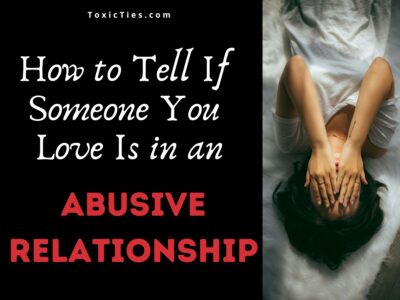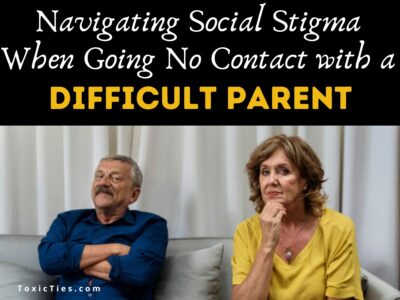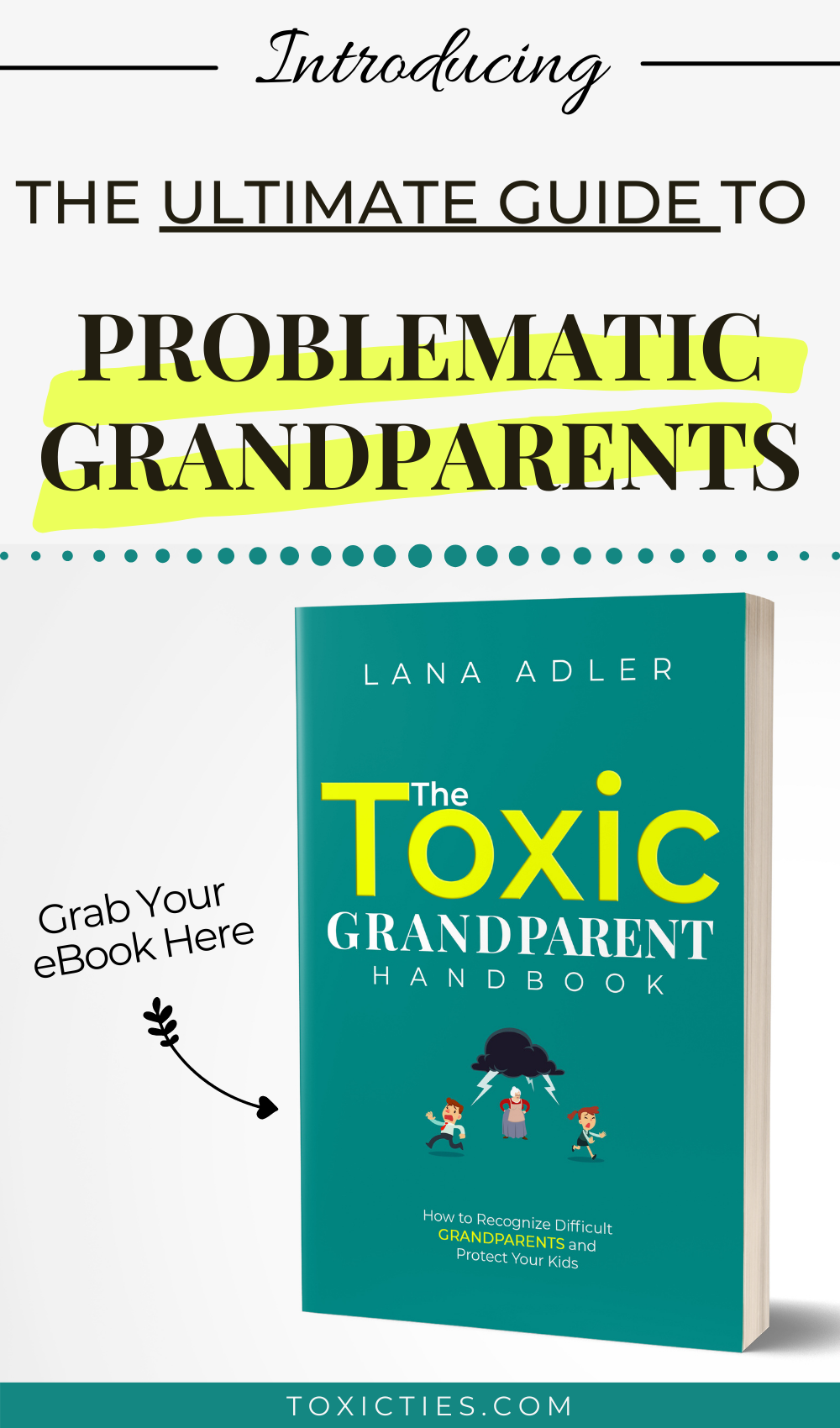Daddy issues…when you hear the term, what comes to mind? Do you see an emotionally erratic woman? Or maybe someone promiscuous, insecure, needy?
Along with “damaged goods,” “daddy issues” is one of the most offensive things one can say about a woman. It’s a way to make light of her history of trauma. It’s also a way to imply that her interpersonal life is solely her responsibility. Any problems that arise in her relationships are her fault.
But “daddy issues” is so much more complex and ingrained than a pesky personality flaw. We’re talking about life-shifting, devastating attachment wounds inflicted on an innocent child.
If you’ve had a challenging relationship with your father and been told you have “daddy issues,” read on.
This blog post will delve into
- what daddy issues are
- what it’s like to grow up with an emotionally abusive father
- how this dynamic is different from other toxic relationships
- how daddy issues affect women in adulthood
- and what you can do to heal

What are “Daddy Issues”?
“Daddy issues” is a colloquial term for a pattern of dysfunction in a woman’s relationships with men caused by an unhealthy or absent relationship with her father.
This unhealthy father/daughter relationship can take many forms. But most often, it involves emotional abuse.
Paternal emotional abuse is the persistent inability of a father to meet a child’s emotional needs.
Maybe your father was uncomfortable with his own emotions, which made him uncomfortable with yours. So he disappeared or became cold when you needed comfort.
Maybe he called you names or made fun of you.
Maybe he only loved you when you did what he wanted you to do.
Or maybe he had an explosive temper that kept you on your toes.
There can be a lot of different manifestations of emotional abuse, and as girls grow into adult women, these childhood experiences become their subconscious blueprint.
Before we go any further, let’s address the gender dynamic. Why are we talking about women specifically? Do daddy issues impact girls differently?
Why an Emotionally Abusive Father Affects a Girl Differently
Neglect or abuse from a primary caregiver is wounding, no matter the gender of the parent or child. So what is it about the father/daughter relationship that makes the effects of abuse unique?
Well, our culture puts a lot of emphasis on the difference between boys and girls, men and women. Ever heard the phrase, “Men are from Mars, Women are from Venus?”
When children in a gender-focused culture grow up watching their parents, they don’t just think, “So, this is what people are like.”
A son will watch his mother, and think: “So, this is what women are like.” And a daughter will watch her father, and think: “So, this is what men are like.”
Whether or not the learned stereotypes are true, a child is likely to make their first relationship with a parent of a different gender the foundation of their beliefs about that gender.
It takes time and experience to expand that definition and create a fuller picture. When a child whose brain is still developing is emotionally abused, that expansion can be stunted.
In this way, you may unconsciously seek out relationships with men that reenact your childhood relationship with your father.

7 Types of Daddy Issues and How They Manifest in Adult Women
Here are some common types of fatherly transgressions, and how they can manifest as “daddy issues” in adult women.
- Lack of affection/attention from father. All children need love and affection from their parents, and it’s absolutely vital that they get it. Simply “being there” is not enough. A father might be present and provide for all of his child’s physical needs. But if he rarely expresses love or warmth of any kind, he robs his daughter of a happy childhood as well as a happy adulthood. In this scenario, she may grow up craving male attention. At the same time, she will avoid intimacy and subconsciously sabotage all her romantic relationships.
- Abandonment by father. Abandonment by any parent is devastating. Whether a father left the family when a child was young or in later years, it’s bound to result in trauma. A woman with a history of abandonment by her father may develop trust issues and a debilitating fear of abandonment in future relationships. She may either become too clingy or too closed off emotionally.
- Excessively controlling or overbearing father. Not everyone knows that excessive control is a form of abuse. A controlling father usually believes that he’s acting in his child’s best interests. But in reality, this type of parent does a lot of damage. Growing up, a girl with a harsh, controlling father may become rebellious and distrustful of authority figures. As an adult, she may also seek out abusive relationships that mimic the dynamic she grew up with.
- Father with high expectations. Thinking highly of your child is different from expecting perfection from them all the time. That’s unrealistic and damaging. A girl whose father had unrealistically high expectations may grow up to prioritize other people’s happiness over her own. Thus, a childish desire to get her father’s approval may turn into an unhealthy relationship pattern in adulthood. She may also internalize his high expectations and develop perfectionism, as a subconscious way to gain her father’s conditional love.
- Father with explosive anger. Growing up with an emotionally unpredictable father or father who is prone to angry outbursts can manifest as daddy issues, too. If a father has frequent unexpected outbursts of rage, his daughter will grow up fearful of expressing her thoughts and feelings. Not only that, she will become hyper-attuned to other people’s emotional cues and less attuned to her own. In other words, she may become a people-pleaser with a weak sense of self.
- Emotional incest with father. Emotional incest occurs when a parent treats their child as a surrogate romantic partner. In this type of enmeshment, a child becomes a source of constant emotional support for a parent who relies on them for comfort, advice, help with adult matters, and complete loyalty (often in opposition to the other parent). When a daughter feels obligated to fill the emotional role of her father’s spouse, the long-term effects are similar to those of child sexual abuse.
- Parentification. Just like emotional incest, parentification is forcing the child to grow up and assume adult responsibilities they are not ready for. It often happens when there is an older and a younger sibling (or siblings). An older sibling is expected to look after the young ones, thus, fulfilling the role of a parent. In this scenario, an older daughter is always thought of as a “responsible one.” She has to comply with her father’s expectations of her or be scolded and punished for simply being a child.
If you recognize your father-daughter relationship in this list, know that you’re not alone. Many women struggle with mistrust, fear of abandonment, fear of intimacy, and other core wounds.
One of the deepest (and most common) wounds inflicted by a difficult father is a sense of unworthiness.

How Daddy Issues Affect Self-Worth
As we’ve discussed, daddy issues are not unique to women. However, a father/daughter relationship is particularly fundamental to a woman’s psyche, especially when it comes to her sense of self-worth.
As young children, we see our fathers as strong and all-powerful. We look to them for protection, affection, and validation.
When a father is abusive, absent, or withholding, it creates a traumatic imprint on the child’s psyche.
The daughter feels rejected by the first man in her life, which undermines her self-esteem and intrinsic sense of value.
It plants seeds of unworthiness, self-hatred, and fear of abandonment that grow over time.
These subconscious wounds and beliefs persist and even flourish in adulthood, as the now-grown daughter goes from one dysfunctional relationship to the next.
Although she wants to grow and heal from her past, she has to contend with a vicious inner critic that constantly attacks her sense of self-worth.
At the same time, she keeps seeking external validation from men to try and fill the emotional void left by her father.
But since these wounds are internal, any external validation is a temporary bandaid that leaves her feeling even more empty inside.
Healing these self-worth issues rooted in daddy issues requires re-parenting oneself with self-love, challenging negative self-talk, and recognizing unhealthy relationship patterns.
How Daddy Issues Affect Relationships
Another major way daddy issues can manifest is dysfunctional interpersonal relationships.
As children, our early experiences with caregivers shape our “attachment style” — how we relate to others intimately. Poor attachment in childhood can lead to insecurity in adulthood.
There’s a hurt part of us that hopes we can “fix” things now that we couldn’t fix as a child.
Insecurely attached people often cope by being either clingy/anxious or avoidant/distant in relationships. This stems from childhood fears of abandonment or engulfment.
They are prone to overreacting to minor issues because they tap into those subconscious fears. For example, you may feel completely incapable of handling conflict. Even a slight disagreement may trigger worries about the relationship ending.
What may seem like petty jealousy, neediness, or criticism often conceals deep child wounds. Their intensity is disproportionate.
During these moments, a woman projects childhood needs or pain onto the present situation and her partner. So small things become huge insurmountable odds.
If those root wounds aren’t addressed through self-awareness and healing, these reactive patterns will continue, destabilizing relationships and making finding “the right person” impossible.

Can Daddy Issues Be Fixed?
If you have a history of a difficult relationship with your father, you may have what people casually call “daddy issues.”
Yes, a father’s love is crucial for a daughter’s flourishing. Cold, absent, or abusive fathers inflict pain that cannot be underestimated.
But the good news is, the damage is not irreparable. Attachment patterns are not fixed. With self-awareness, effort, and determination, women can heal.
As you embark on your journey of healing from emotional abuse, here are a few things to keep in mind.
- It wasn’t your fault. If you grew up with an abusive father, you may have been quick to blame yourself and believe that you were the problem. But let’s get something straight: no child deserves
neglect or abuse. You did not cause mistreatment. - Don’t lose hope. It is possible to develop more secure, emotionally balanced relationships and keep small problems small. Even if your dad was about as nurturing as a prickly cactus. Don’t give up, even after yet another relationship failure. Your past wounds don’t determine your happiness in the present.
- Honor your needs. As scary as it is, start communicating your needs without shame, guilt, or fear of rejection. Be open and vulnerable. You’re not demanding the moon and the stars. You’re only asking for what you need and deserve. When you start honoring your needs, others will, too.
- Practice self-awareness. The mind is wired to repeat the familiar, and most of the time we live on “autopilot.” So how do you change the old ingrained patterns that aren’t serving you? You become aware of them. A great beginner-friendly self-awareness practice is journaling. Meditation and speaking to a therapist (or even a trusted friend) can help, too. It’s hard work but it’s the only way to break free of unconscious urges to repeat the past.
- Practice self-compassion. If you were held to unrealistically high standards as a child, you may have internalized those standards, thus creating a harsh inner critic. Give yourself a break. If there are things you’re not proud of, try to have compassion for what you were going through at the time. A lot of the guilt and shame we experience is because we judge ourselves too harshly.
- See your father as a human being. Part of healing from abuse (and growing up in general) is accepting that your parents are flawed. They aren’t the superheroes you once believed them to be, they didn’t get everything right, and they didn’t always treat you with kindness and respect. Whether or not you decide to forgive your abusive father, you at least have to recognize that he’s imperfect, and probably afflicted by his own childhood traumas.
- Give yourself permission to be YOU. It’s hard to be authentic when you’re struggling with feelings of unworthiness. And while there is no quick fix for this, being yourself, even in the face of self-censorship or negative feedback, is the most radical thing you can do to heal your inner child.
- Embrace your womanhood. Sometimes an abusive father will use sexist or misogynistic beliefs as a rationale for mistreating his daughter. If that reminds you of your childhood, you probably internalized some of these beliefs. Let’s get something straight: you are free to express your femininity in any way you like, including ways not currently embraced by mainstream society. You aren’t “bad” for:
- Having emotions
- Crying
- Having sexual desires
- Voicing strong opinions and thoughts
- Expressing your personality or mood through clothing
- Having a female body
- Taking pride in your appearance
- Liking the same subjects or hobbies boys like
- Being gay or questioning your sexual identity
- Having boundaries
- Making your own choices
- Saying “no”
- Living your life for you
It’s time you retire “daddy issues” as a label to carry. You didn’t deserve to be abused, and you’re not responsible for your father’s unhealthy and unrealistic expectations of you.
Let “daddy issues” be “daddy’s issues,” and give yourself permission to heal and take back ownership of your life.

NEXT
19 Signs of Guilt and How to Deal With It
Toxic Parenting: 9 Ways to Avoid Repeating Your Parent’s Mistakes








Leave a Reply